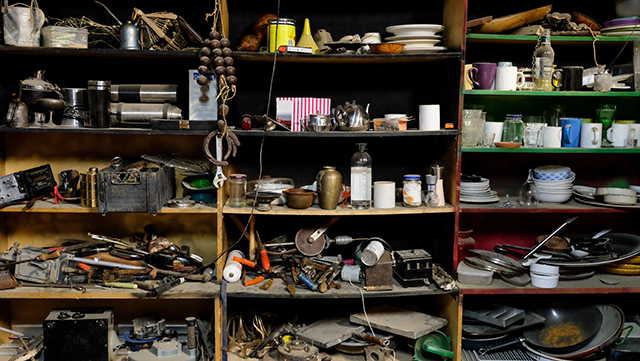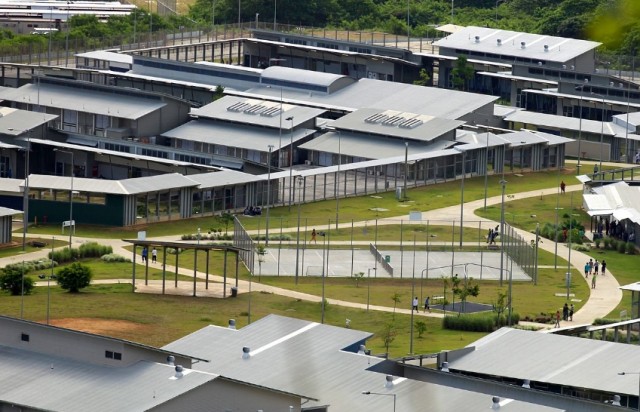 Parler
Parler Gab
Gab
Stockpile medicine
Stockpiling medical supplies is a must especially if you have a pre-existing medical condition. Should an emergency arise, you should have a month's worth of medical supplies. You might need a doctor's approval first before being able to stockpile, so consult your GP and lay in all your reasons for stockpiling medicine. Take note that you need to rotate your supplies to ensure that they don't go past their expiry date.Mind your eyesight
Your eyesight is the most vulnerable among your five senses. You see, many people need eyeglasses and contact lenses to see clearly. But when SHTF, those things can get broken or lost. Keep an extra pair of glass and contact lenses so you have a spare.Stay hydrated
Staying hydrated is a vital rule of survival. You may last for over a month without food but you cannot last for more than a few days without water. Unfortunately, potable water will be a scarce resource when SHTF. With a collapsed society, nobody will be manning the water treatment plants that the civilized world relies on for its drinking water. But don't worry, there are various water purification methods that you can do yourself.Stockpile food supplies
While being hydrated is enough to keep you alive for months, subsisting on water alone isn't going to guarantee your survival in the long-run. You need food. Stockpile ready-to-eat meals, canned goods and foods with a long shelf life like flour and grains.Keep alternative sources of light
Many families already keep a couple of flashlights at home. But will those be enough when SHTF? In the event of a prolonged blackout, you're going to need more than flashlights and a few extra batteries. In order to power a home, you will need a decent generator, as well as other sources of light like candles and solar lamps. (Related: Can you survive after a massive power outage?.)Prepare for local disasters
On top of SHTF, you must also brace yourself for common natural disasters in your area. Nature and the weather will not stop running its course just because the situation is already going badly. As such, you must familiarize yourself with your area and the kind of disasters that typically occur there. Study weather patterns and come up with a backup plan to stay warm or cool should the power goes out.Have something for self-defense
During a life-and-death situation, people will go to great lengths to survive, even if that means resorting to heinous crimes. Without law enforcement to protect you, you are at great risk of falling victim to them unless you're equipped to fight back. Have something for self-defense and learn self-defense skills. The situations you'll face further into SHTF are not going to get any better. But if you survive the hellish first week, then you're all the better for it. It means you've gained the right mindset for survival. Sources include: Survivopedia.com UrbanSurvivalSite.comBack to basics: Survival lessons from an 1800s era village
By Arsenio Toledo // Share
Potential acne triggers include sugary foods, warn scientists
By Rose Lidell // Share
Lessons from Venezuela: Top 10 items to barter with when SHTF
By Arsenio Toledo // Share
Handle with care: Why you need to wash fruits and veggies
By Rose Lidell // Share
Common chicken diseases and how to prevent them
By Virgilio Marin // Share
TOXIC products: Humans are the greatest pollutants of office air, reveals surprising study
By Virgilio Marin // Share
"Blue flu" strikes FBI: Agents protest Trump’s immigration crackdown in Chicago
By willowt // Share











